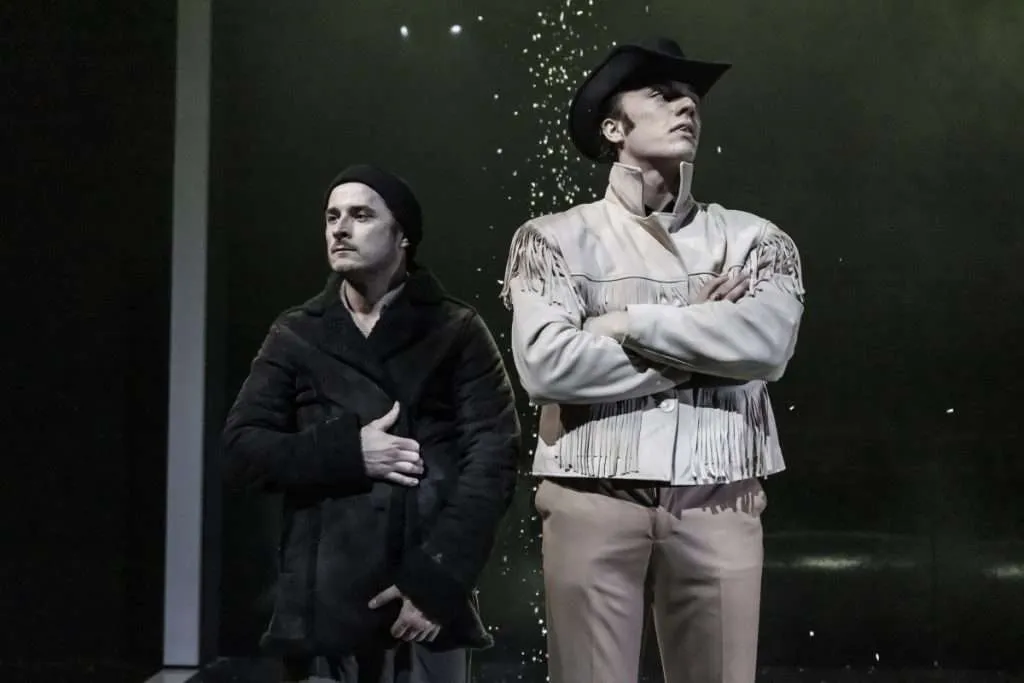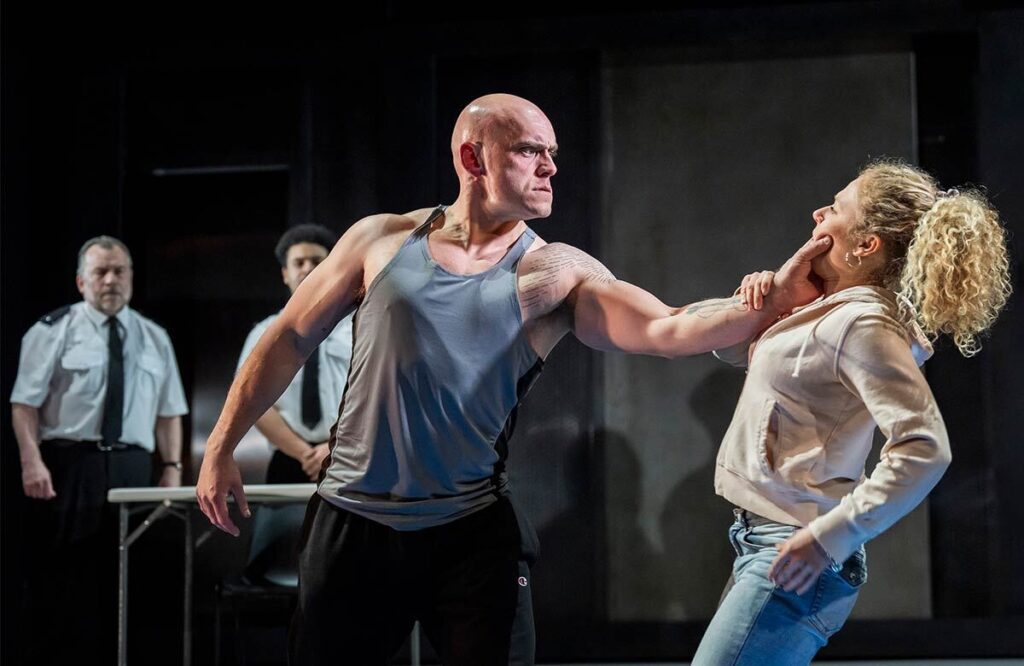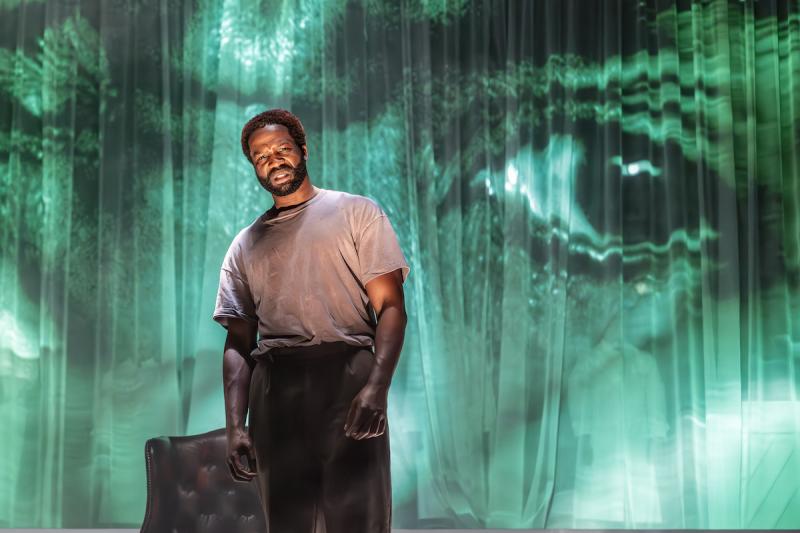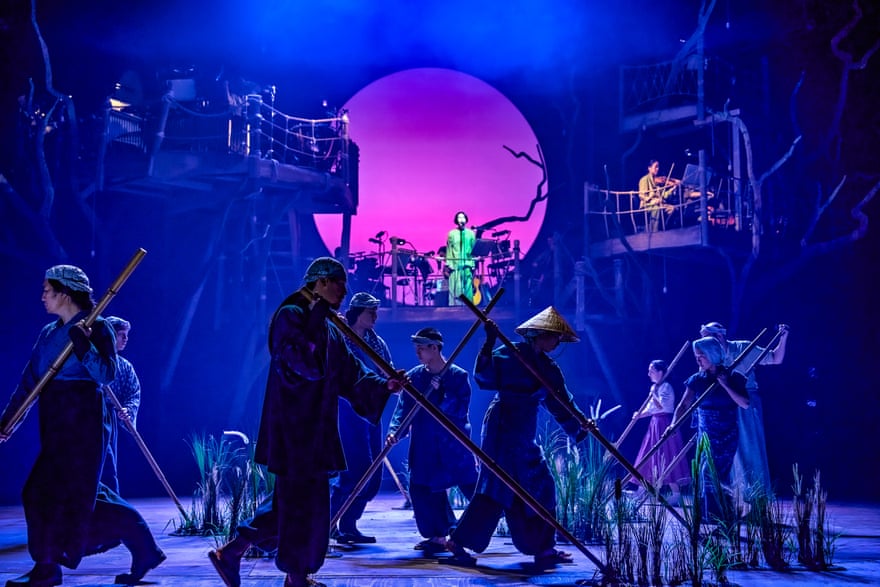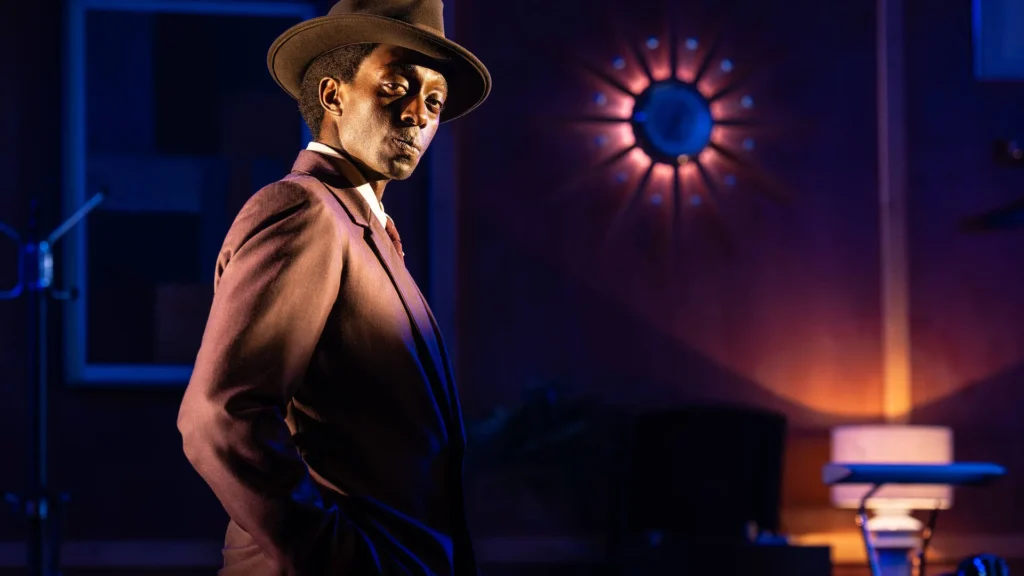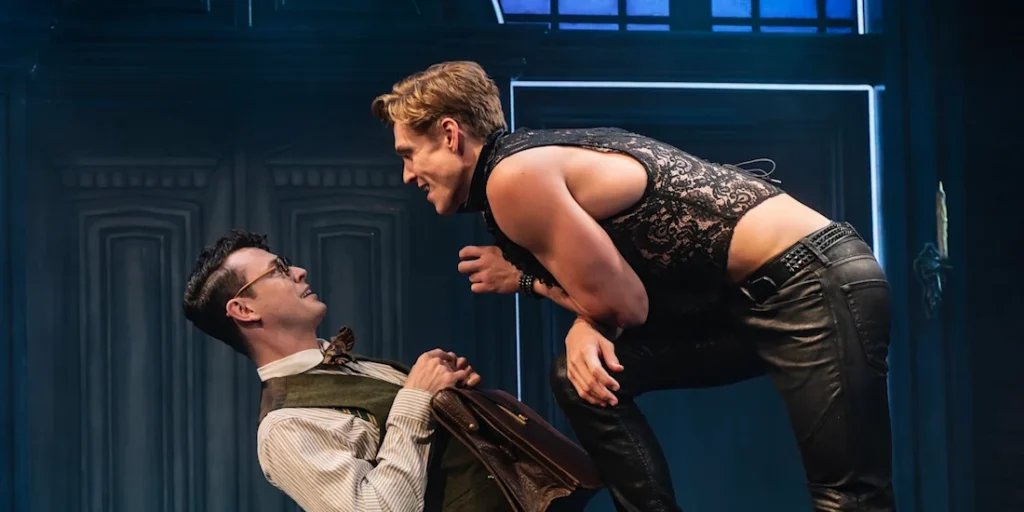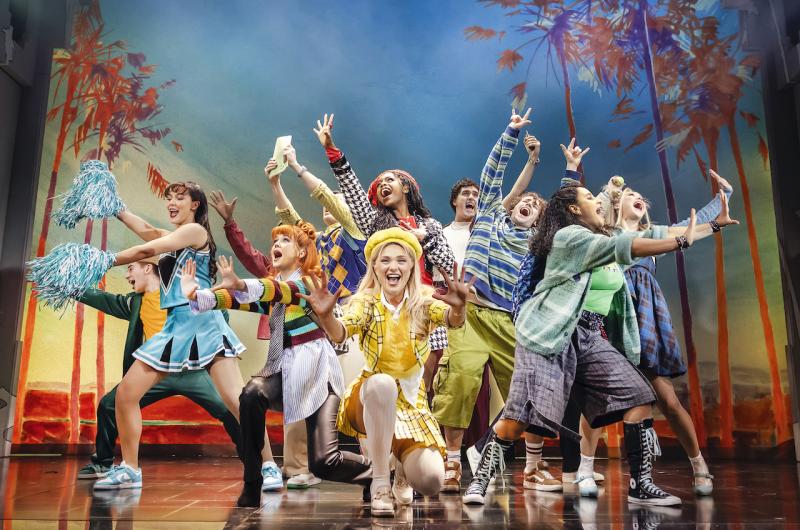Updated version of Ibsen’s Ghosts thrills
Lyric Hammersmith

Ibsen’s Ghosts has been given an update by writer Gary Owen and director Rachel O’Riordan. It seems the themes of adultery, abuse, incest and more that shocked audiences over 140 years ago still have the power to cause discomfort today, especially with this version’s increased emphasis on incest. Almost as shocking was the introduction of humour into the gloomy world of the Norwegian dramatist. Most of the critics liked the play and gave high praise to the cast, led by Victoria Smurfit.
[Links to full reviews are included but a number are behind paywalls and therefore may not be accessible]
5 stars ⭑⭑⭑⭑⭑
Jonathan Marshall at LondonTheatre1 was treated to ‘A powerful lesson in dramatic tension and suspense, this taut and pleasingly challenging incarnation of Ghosts leaves a lingering impression’. He said, ‘The evening, however, truly belongs to Victoria Smurfit. The actress presents us with so many layers … It makes for a compelling performance and serves as a masterclass in its portrayal of a complex and contradictory character’.
Cindy Marcolia at BroadwayWorld picked out the director: ‘Rachel O’Riordan’s production is a masterclass in distilling tension and concentrating it without frills or games. It’s an emotionally challenging experience, pure theatre … This production has it all, every element falls into place to create a harmoniously harrowing piece of theatre. It’s the play to see now.‘ Mark Lawson for The Guardian declared, ‘this Ghosts, retaining the toxic power of the original, will grip whether you know the play or don’t.’
All That Dazzles‘ Daz Gale admitted, ‘I found myself literally at the edge of my seat during some of the more harrowing conversations, not only moved by the emotion of the dialogue but in complete awe of the ingenious skill of the writing.’ He loved the acting too: ‘The other aspect in Ghosts that elevates it to a God-tier level is that of its phenomenal cast.’ He concluded, ‘When every element of a production works together as beautifully as this, true theatre magic is made, and Ghosts is as good as it gets.’
4 stars ⭑⭑⭑⭑
Describing it as ‘horribly funny’, The Standard‘s Nick Curtis said it ‘is quite astonishing, not least in its use of humour to defray the fatalism and ponderous foreshadowing of the original.’ He praised the cast: ‘Smurfit is magnetic … she’s not afraid to appear hard and unlikeable. Scott-Howells is an edgy and fascinating actor, always pushing the envelope of what is permissible’.
WhatsOnStage‘s Sarah Crompton praised the director and writer for ‘transforming a haunted and haunting story of familial sin and grief into a wild roller-coaster ride of revelation and realisation. It’s funny, shocking, truthful and ultimately supremely moving … O’Riordan’s taut direction never lets the tension, or the sense of wounded humanity slacken. I suspect Ibsen would have been proud.’
Ella Duggan for The Independent called it ‘a striking tale of reputation, self-preservation and the cost of parental sacrifice, delivered with biting wit and tour de force performances.’
Dave Fargnoli at The Stage noted a ‘queasy sense of gnawing discomfort permeates this piece. Here, themes of generational trauma and the experiences of abuse survivors come to the fore. Owen’s revised, contemporary-language dialogue feels on-the-nose at times. Yet there is an appealing thread of pitch-black humour running through the text.’
Rachel Halliburton at The Sunday Times said, ‘Merle Hensel’s haunting design, in which mist drifts in front of a glass backdrop, stokes the sense of building horror.’ Her final comment? Hauntingly powerful.’
3 stars ⭑⭑⭑
Time Out‘s Andrzej Lukowski felt it didn’t do justice to Ibsen: ‘although it’s a solid production with an excellent cast, it feels like Owen has ripped out some of its character in an effort to logically set it in the present.’
Not as thrilled as some if her colleagues, Holly O’Mahony at LondonTheatre explained using a sporting analogy: ‘Like a game of darts, its arrows skirt the impactful bullseye, hitting the surrounding rings marked ‘high comedy’ and ‘melodrama’.’
Clare Allfree for the Telegraph was not convinced: ‘O’Riordan can’t always smooth the play’s uneasy lurches between high-wire comedy, melodrama and appalling naturalism’.
2 stars ⭑⭑ The Times’ Clive Davis was a lone voice of dissent. For him, the ‘sudden shifts in tone, sometimes lurching from awkward comedy to Grand Guignol in a few sentences, undermine Rachel O’Riordan’s production.’ Neither did he like ‘set designer Merle Hensel’s cavernous modernist dwelling … it’s an example of actors playing second fiddle to the visuals’.
Critics’ Average Rating 4.0⭑
Ghosts can be seen at the Lyric Hammersmith until 10 May 2025. Click here to buy tickets direct from the theatre
If you’ve seen Ghosts at the Lyric Hammersmith, please post your review and rating here
